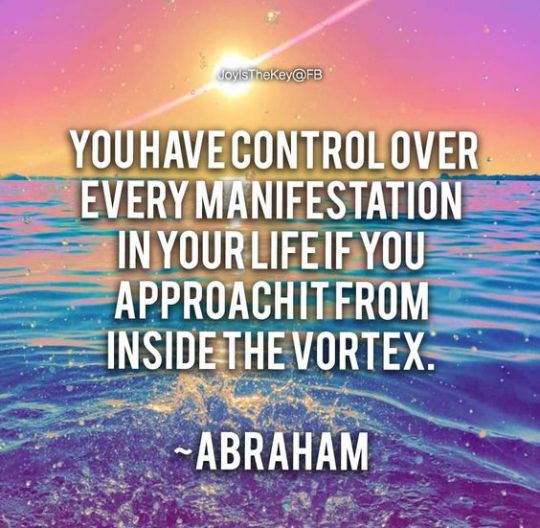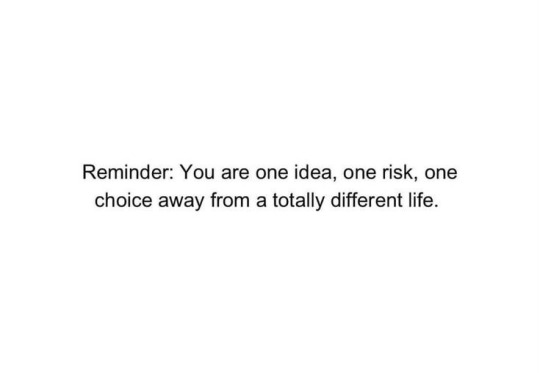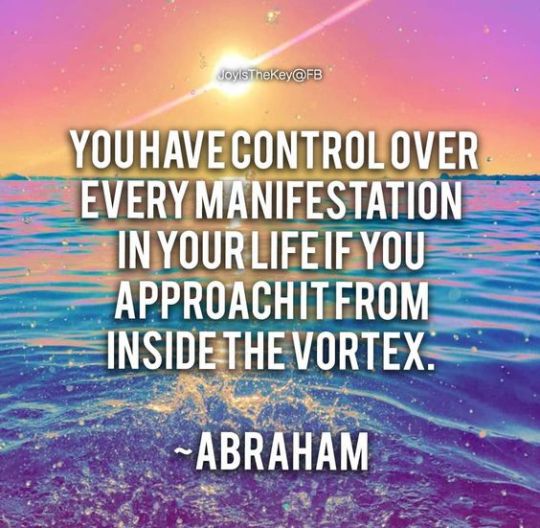Text

#abraham#abraham hicks#vortex#manifestation#manifesting#attraction#law of attraction#law of manifestation#quotes#spiritual#inspiration#life#soul#inspirational#spirituality#universe#love#spirit#spiritual awakening#spiritual awareness#spiritual community#spiritual development#spiritual healing#spiritual journey#spiritualgrowth#spiritualguidance
24 notes
·
View notes
Text

#abraham hicks#abraham#decision#happiness#attraction#law of attraction#quotes#spiritual#inspiration#life#soul#inspirational#spirituality#universe#love#spirit#law of the universe#manifesation#how to manifest#manifesting#law of manifestation#spiritual community#spiritual awareness#spiritual awakening#spiritual development#spiritual healing#spiritual journey#spiritualgrowth#spiritual disciplines#spiritualguidance
29 notes
·
View notes
Text

May today be one of those days where you are surprised by joy. - Morgan Harper Nichols
#happiness#joy#inspirational#positive#positivemindset#quotes#spiritual#inspiration#life#soul#spirituality#universe#love#spirit#positivity#positive mental attitude#positive thoughts#positive quotes
79 notes
·
View notes
Text

#motivation#change#courage#life#quotes#spiritual#inspiration#soul#inspirational#spirituality#universe#love#spirit
5K notes
·
View notes
Text
The Factors of Enlightenment
One of the clearest and most useful ways to describe practice is in the terms of the seven factors of enlightenment. These are the natural qualities of mind that the Buddha described as the constituents of a proper spiritual practice. A mind in which these factors are fully developed and balanced experiences freedom.
Three of these factors are passive elements. They are concentration, or one-pointedness of mind; tranquility, or quietness of mind; and equanimity, or detachment and balance of mind in the face of change. Three other factors are energetic elements. These are effort, which means the volition to be mindful; investigation, or silent observation of what is happening; and rapture, which manifests as bliss and an intense interest in the spiritual practice.
The seventh factor is mindfulness, the key to practice. The development of this particular quality of mind automatically develops all of the other factors. Mindfulness, noticing the object in the present moment, also has the function of brining these factors into proper balance.
Using the factors of enlightenment, once can evaluate the whole range of meditation techniques and spiritual paths. All of the approaches to practice may be considered in the light of the development of these seven qualities of mind. Some will develop the energy factors more rapidly or strongly. Others strengthen concentration or equanimity more quickly. No need to be concerned with the form of the practice or the words or style of the teaching. Simply see if it will lead to the development of the factors of enlightenment.
It all comes back to mind. Mind is the start and end of all spiritual work. One can examine a path to see what qualities of mind are developed and see if that path will help to to bring the factors of enlightenment further into balance. If so, then use it, remembering that getting caught in further opinions and comparisons of various practices can be a great obstacle to liberation. Relax. Do your own practice and honor those around you with love.
— Jack Kornfield, Living Dharma
#buddha#buddhism#spirituality#spiritual#spiritual awakening#spiritual awareness#spiritual community#spiritual development#spiritual healing#spiritual journey#spiritualgrowth#spiritualguidance#quotes#inspiration#life#soul#inspirational#universe#love#spirit#spiritual disciplines
35 notes
·
View notes
Text

Question: I have a daughter who was formerly very studious and loved her music, but now she does nothing but read your books. What do you advise her mother to do? (Laughter)
Krishnamurti: I wonder why your daughter has given up her music? It may be because she has discovered that it was not her deep fulfilment, and she is trying to find her true expression. But if she merely reads what I have said, without the fullness of action, then my words will become a hindrance.
We often think that living according to a certain idea will awaken intelligence. What really awakens intelligence is action without the fear of not adjusting oneself to a standard or an ideal. This demands great awareness and pliability of mind.
Jiddu Krishnamurti
Santiago 3rd Public Talk 8th September, 1935
22 notes
·
View notes
Text
"Trauma creates change you didn’t choose. Healing creates change you DO choose."
- Michelle Rosenthal
293 notes
·
View notes
Text

#self love#spirituality#quotes#spiritual#inspiration#life#soul#inspirational#universe#love#spirit#spiritual awakening#spiritual awareness#spiritual community#spiritual development#spiritual journey#spiritual healing#spiritualgrowth#spiritualguidance#spiritual disciplines
18 notes
·
View notes
Note
Missing my dad
We are everything, everywhere, nothing can ever be lost. Your Dad is within you, and will be forever. He will never leave you alone
5 notes
·
View notes
Text

#abraham#abraham hicks#attraction#manifestation#law of attraction#law of manifestation#quotes#spiritual#inspiration#life#soul#inspirational#spirituality#universe#love#spirit#spiritual awareness#spiritual awakening#spiritual community#spiritual development#spiritual healing#spiritual journey#spiritualgrowth#spiritualguidance#spiritual disciplines
37 notes
·
View notes
Text

#imagination#soul#quotes#spiritual#inspiration#life#inspirational#spirituality#universe#love#spirit#spiritual community#spiritual awakening#spiritual awareness#spiritual development#spiritual healing#spiritual journey#spiritualgrowth#spiritualguidance#spiritual disciplines#consciousness
91 notes
·
View notes
Text

#vortex#abraham#abraham hicks#quotes#spiritual#inspiration#soul#life#inspirational#spirituality#universe#love#spirit#attraction#law of attraction#manifestation#manifesting#law of manifestation#vibration#energy#vibrate higher#spiritual community#spiritual awakening#spiritual awareness#spiritual development#spiritual healing#spiritual journey#spiritualgrowth#spiritualguidance#spiritual disciplines
14 notes
·
View notes
Text

#abraham#abraham hicks#quotes#spiritual#inspiration#life#soul#inspirational#spirituality#universe#love#spirit#spiritual community#spiritual awakening#spiritual awareness#spiritual development#spiritual healing#spiritual journey#spiritualgrowth#spiritualguidance#spiritual disciplines
54 notes
·
View notes
Text

#quotes#spiritual#inspiration#life#soul#inspirational#spirituality#universe#love#spirit#eckhart tolle#consciousness#higher self#spiritual awareness#spiritual awakening#spiritual community#spiritual development#spiritual healing#spiritual journey#spiritualgrowth#spiritualguidance#spiritual disciplines
181 notes
·
View notes
Text

#abraham#laws of the universe#power#abraham hicks#quotes#spiritual#inspiration#life#soul#inspirational#spirituality#universe#love#spirit#spiritual community#spiritual awareness#spiritual awakening#spiritual development#spiritual healing#spiritual journey#spiritualguidance#spiritualgrowth#spiritual disciplines#attraction#law of attraction#law of manifestation#manifestation#manifesting
89 notes
·
View notes
Text

#loving#love your life#love life#quotes#spiritual#inspiration#life#soul#inspirational#spirituality#universe#love#spirit#love and deepspace#spiritua#spiritual awakening#spiritual awareness#spiritual community#spiritual development#spiritual healing#spiritual journey#spiritualgrowth#spiritualguidance#spiritual disciplines#positive#positivemindset#positivity#positive mental attitude#positive thoughts#positive quotes
274 notes
·
View notes
Text

#gratitude#i am grateful#affirmation#positive affirmations#waterfall#blessings#quotes#spiritual#inspiration#life#soul#inspirational#spirituality#universe#love#spirit#spiritual awakening#spiritual awareness#spiritual community#spiritual development#spiritual healing#spiritual journey#spiritualgrowth#spiritualguidance#spiritual disciplines
92 notes
·
View notes